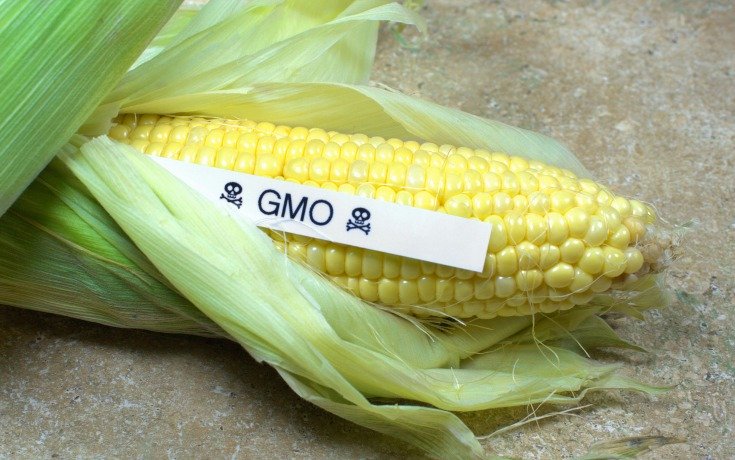GMOs were NEVER Proven Safe, PhD Explains

He’s been the head of the Council for Responsible Genetics for more than 30 years, and he is no fan of GMOs. Sheldon Krimsky writes extensively on the fraud that has been committed against an unsuspecting public when it comes to GMOs with his book of essays titled, “The GMO Deception.”
Among his many critiques of the biotech’s poison crops, he states that one negative finding regarding risks of GMOs weighs ten times more than any positive study since most of the studies ‘proving GMO safety’ are funded by the industry itself. The professor of Tufts University states that he isn’t FOR or AGAINST GMOs, but thinks that the agricultural industry has been negligent in telling the truth about the way they create our food. GMO Deception is just the latest of 13 other books about science, food, and society.
Krimsky believes there is ‘quite a bit of ambiguity’ surrounding the ‘science’ of GMOs. He says that much of the “organized skepticism” needed for real science to be conducted has been thrown out the window. You aren’t allowed to just propose that GMOs are safe as your hypothesis and assume that is true. You are supposed to be able to prove that. And science has not.
The issue of GMO safety become so contentious because since 1992, through the Quayle Commission named after the then Vice President, the FDA was told that they “didn’t need to test any of these [GMO] products.” They were only advised to tell us if there were any problems. As Krimsky points out, you won’t always know what problems will arise from putting foreign genes into organisms from the onset. Prediction about outcomes from altering DNA only come from testing – which largely has never occurred.
And hybrid crops are not the same as genetically engineered crops. as Krimsky explains:
“In genetically engineered crops, you’re taking a gene from a completely distant species, and putting it in a plant genome. It’d be like saying let’s put a few animal genes into the gamete of human beings and assume that it’s no different than if we just threw in some genes from another human being.”

Scientists who find problems with this gene alteration are vilified currently. They aren’t treated like respectable, thinking individuals who are practicing organized skepticism, as the field normally requires.
The professor argues:
“When you’re looking at risks for a product or technology, it is rational to look at worst-case scenarios. If you’re testing the safety of a new airplane, you want to test it at the limits, not in safe flying conditions.”
While experts told us PCBs, tobacco, asbestos, and even DDT were safe, even up to 50 years after known risks were proven, they were still on the market (and some still are). GMOs are no different.
Until more independent studies are conducted on GMOs and the researchers who conduct them are taken seriously, we will continue to live with biotech’s deception. At least there are respected intellectuals like Krimsky supporting the building of evidence against GMO cultivation.
Until then, we’ll have to demand the minimally essential GMO labeling we have been fighting so hard for.

We need more Krimky’s and Thierry Vrain’s out there willing to put themselves on the line. The more scientists that speak out, the more people will get behind this movement.
The public at large need to be made aware of the dangers of GMO’s and glyophosate.
I would support an advertising campaign (TV and Radio adds) highlighting these issues.
These kind of issues have a great following among citizens, but there seems to be no way to make their voices heard. If done well, a cyndicated show could be produced that would attract enough following to support itself!